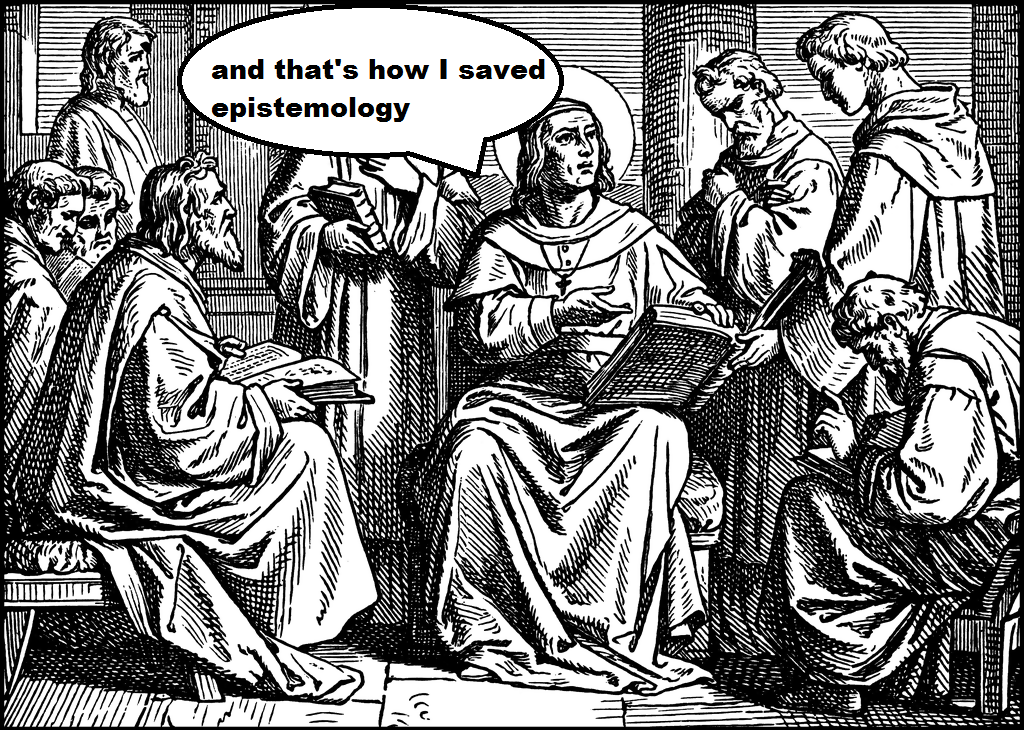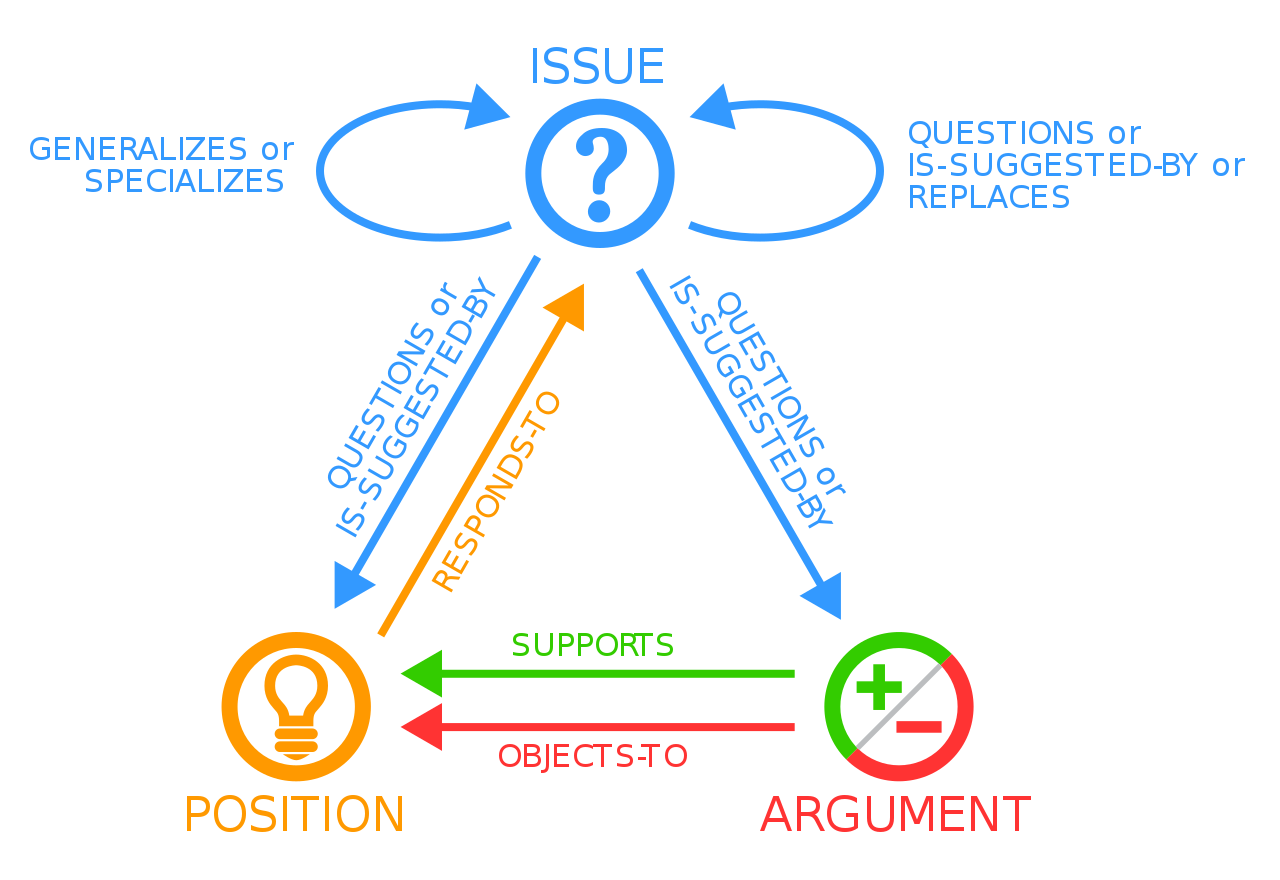6.2 Epistemology and Basic Methodology

The basis of learning is grounded in knowledge of a specific topic or idea. Because of different worldviews and experience, knowledge can be different from one individual to the next. Inside of a learning organization, one leader may have a different set of knowledge and skill set compared to the next leader. Epistemology, according to Hofer and Pintrich, “is a branch of philosophy concerned with the nature and justification of knowledge”[2]. This applied concept has to do with the idea of consensus. The justificationcomes from the consensus of ideas. One example would be the scientific consensus that the earth and the planets in the solar system follow the heliocentric model (revolve around our parent star: the Sun). However, with different worldviews and different life experiences, one might disprove that scientific model.
This introduces the idea of epistemology: one who has the knowledge of a scientifically proven epistemological method has the duty to teach one who might not follow a consensus about a topic. This is not to say one is more wrong than the other, rather, one must show the knowledge first hand with empiricism and rationality.
With the introduction of a scientific ideal, there is a scientific method to teaching. The scientific method of teaching is based on grounded theory, research, and conflicting theories of some research commonly driven by epistemological differences[2]. Along with the epistemological side, there is also a side that is grounded in the teacher’s experiences. These experiences can shape the worldview of an individual, therefore they should not be the main measure in a good teacher. One could have great knowledge and no experience, where another could have a host of experience, but limited consensus knowledge.
Keep this in mind when thinking about how learning within organizations can be developed and cultivated through epistemology. The difference between individual needs and motivation will be looked at, along with the concepts of equity, expectancy, goal setting and self-efficacy. As an exercise, see how the ideas presented in organizational learning theories justify their base of knowledge, and contextualize what theories follow an epistemological model. Figure 1 shows how justification through knowledge can be reached with an issue based model.

Review Questions:
- What is epistemology according to Hofer and Pintrich?
- What is the scientific method of teaching?
- What are the three steps of the Rhetorical Rules Diagram?
Hofer and Pintrich say it is the philosophy on the justification or nature of knowledge

